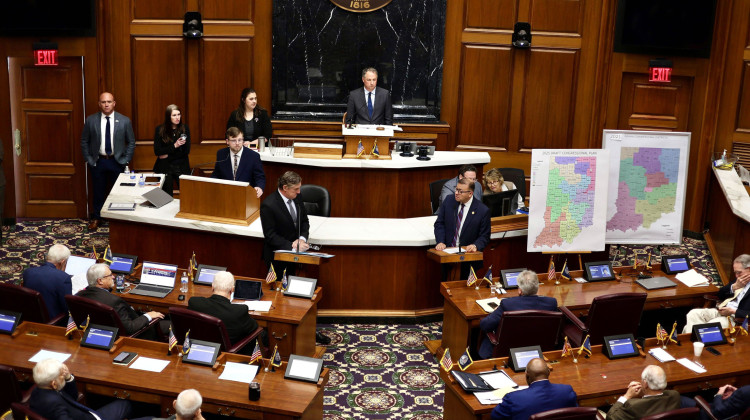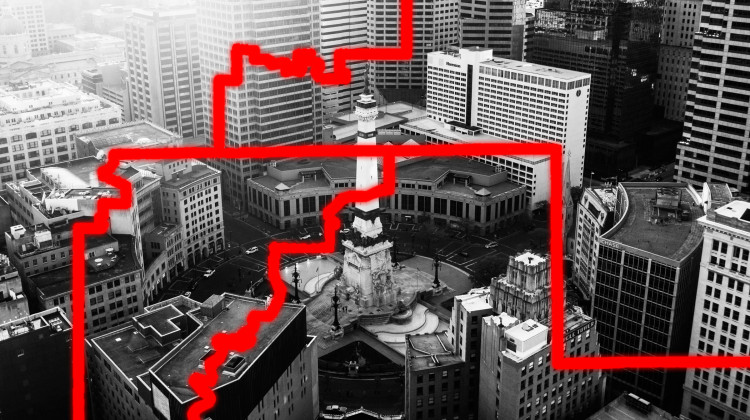Indianapolis religious and community leaders held a meeting Friday to address the continued surge of violence in the city.
The group led by the Concerned Clergy of Indianapolis laid out facts surrounding the issue that Black men are five times more likely to be victims of homicide in Indianapolis.
President of Black Onyx Management Marshaw Wolley said 80 percent of nonfatal shootings happen in Black communities.
“The story behind these numbers is trauma,” Wolley said. “You have to consider the reality that someone was shot, they did not die. They have family members and friends that have to be concerned not only about their loved ones safety but their safety as well.”
Indianapolis has consistently ranked in the top 10 in the nation for homicides of Black people, especially men.
Wolley said the issue is rooted in years of inequity.
“I think of these numbers from the perspective of systemic racism and the challenge of taking on a variety of different systems that sack up on each other,” Wolley said
Senior Pastor of Messiah Baptist Church Stephen J. Clay, said the data should be a wake up call.
“Change often begins with a critical critique and a courageous conversation,” Clay said. “If the numbers today do not warrant that then what should the threshold be?
The group pointed to a lack of community trust and a low IMPD case clearance rate as parts of the problem.
It also sounded support for legislation to improve tenant rights and food access.
Indianapolis set a record in 2020 with 244 homicides.
 DONATE
DONATE








 Support WFYI. We can't do it without you.
Support WFYI. We can't do it without you.